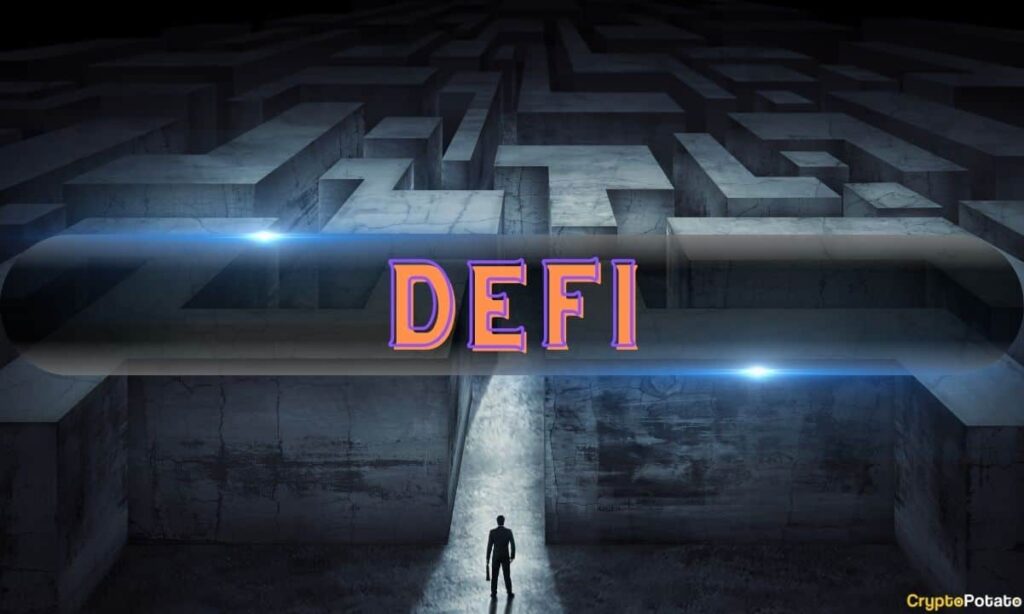The decentralized finance (DeFi) sector has experienced explosive growth over the years, but several challenges are causing slower institutional adoption. With its total value locked above $100 million, DeFi has yet to remove the strongholds preventing institutions from getting involved in the sector.
Crypto market intelligence platform IntoTheBlock believes these challenges are multifaceted; hence, DeFi must be developed from several angles to create a market that can handle the needs of a diverse range of participants.
Challenges Hindering DeFi Adoption
One of the major problems of the DeFi sector is regulatory uncertainty. The lack of clear regulations in the United States and other major markets prevents participation and limits DeFi adoption. Market players are forced to seek regions with regulatory clarity and countries that have shown greater openness to the crypto sector.
While battling regulatory uncertainty, crypto entities have created foundation companies and decentralized autonomous organizations (DAOs) to establish a structured entry path for private institutional capital into the DeFi space.
“In short, regulatory challenges hinder institutional DeFi adoption by raising compliance costs, restricting stablecoin use, and creating uncertainty, making it difficult for institutions to deploy capital and access liquidity,” IntoTheBlock added.
Another challenge hindering institutional adoption of DeFi is the underlying infrastructure around crypto wallets and direct access to liquidity. IntoTheBlock found a lack of institutional-grade solutions, as even leading wallets like MetaMask do not meet the needs of institutional players. This limits institutional participation and capital flow into DeFi.
Limited Liquidity And Weak Incentives
Furthermore, the insufficient coordination of asset listings and liquidity across DeFi ecosystems is hindering the sector’s adoption. Insufficient asset listings prevent the use of DeFi tokens across the crypto ecosystem, while limited liquidity can lead institutions into bad debt or trigger slippage and price impact risks for their lending strategies. IntoTheBlock mentioned Liquid Staking Tokens (LSTs) as an area of concern for this challenge.
Additionally, the DeFi sector lacks proper incentive and risk management structures. The space is full of unpredictable and short-term programs that affect medium-term capital allocations due to unreliable timelines and a lack of strategic planning. On the other hand, DeFi needs robust risk management practices to protect institutional funds from technical exploits.
Despite these challenges, IntoTheBlock said institutional investors are increasingly eyeing DeFi. The growing demand for institutional-grade DeFi solutions and initiatives could see the sector attract millions of dollars in capital in the coming years.
Read the full article here

